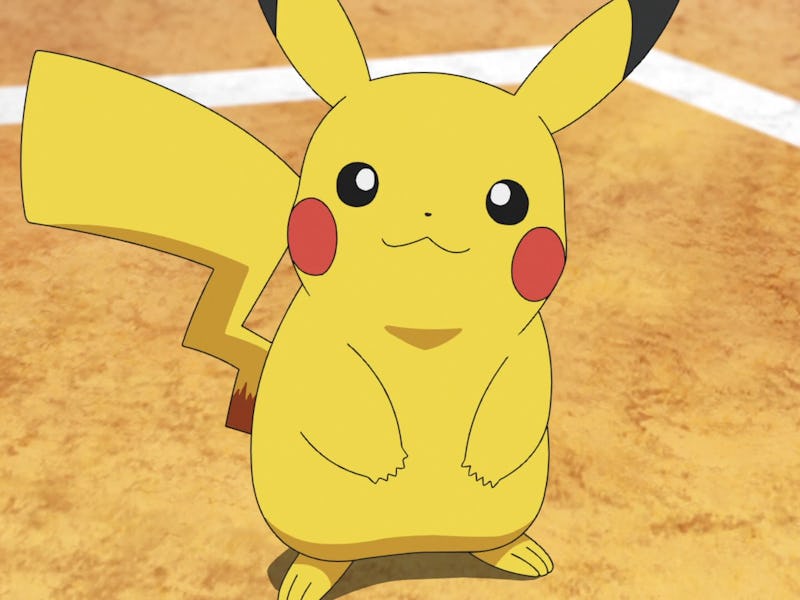Pokémon Stadium 2 Is a Super Effective Hit of Y2K Nostalgia
Be the very best.

It was the year 2000, and Nintendo needed a vision of the future to match. The once-dominant gaming juggernaut had found itself in a four-way battle with Sega, Sony, and Microsoft. Each of these companies had its own strengths and weaknesses, but Nintendo was feeling the heat. The Dreamcast and PlayStation 2 had already launched, the Xbox was on its way. While Nintendo maintained dominance in the mobile market, it was clear that the once-revolutionary N64 was in its last days.
The company was betting on its annual Space World exhibition, where it would unveil its next-generation GameCube. Footage from the event shows latex-clad models holding the device, clips of 128 Marios running around, and a demo called “Meowth’s Party” to show the device’s technical capabilities in front of a crowd of 2,000 or so.
“Meowth’s Party” also showcased the obvious: Pokémon was crucial to Nintendo’s future. Red and Blue had only come out two years earlier, but they had become the fastest-selling GameBoy titles in America, selling 4 million copies in 1998 and 6 million in 1999. As crowded as the industry was getting, nobody else had Pokemon. Which is why, in addition to the GameCube, Nintendo was also giving the N64 its swan song with Pokemon Stadium 2, available right now if you’ve subscribed to Nintendo Switch Online + Expansion Pack.
Pokémon Stadium 2 is more of the original Pokémon Stadium: the player gets to actually watch a Pokémon battle, as opposed to being told about the attacks and watching Pokemon shake around on the GameBoy. Like the previous iteration, Stadium 2 was compatible with a Transfer Pak. This meant that a player could connect their GameBoy to their N64 and watch their very own Pokemon, whom they had nurtured since capturing in their Pokeball, had evolved, had taken to Nurse Joy, on the big screen (their television).
That’s not an option for a player on today’s Switch, so the only option is to use the game’s rental Pokémon.
This is fine. Pulling from Red, Blue, and Yellow, as well as Gold, Silver, and Crystal, the game’s big marketing push was to set Generation I Pokémon against Generation II. This might not have the same thrill it did nearly a quarter-century ago, but it still is fun to see a Pichu go up against a Pikachu.
But you might not want to have two electric types fight against each other. Type selection is 101 for any Pokémon battle, in or out of the stadium. Sending out a grass Pokémon against a Charizard is just asking to get burnt up, and sending a Charizard against a Geodude will go nowhere.
In its main campaign against a variety of trainers, Stadium 2 first has the player pick through hundreds of Pokémon looking for a team of six. And then, a little like a Madden game, it asks the player to develop a strategy. Some will prove easier than others. A team that works great against bug Pokémon might find itself struggling against psychic types. A good variety is crucial.
The animations are adorable—Gengar does this little wind-up like he’s a pitcher when about to perform Thief, Snorlax getting up to throw a fireball is the epitome of being woken up and asked to perform a task when you’re very tired, Ninetails looks like a Looney Tunes when rolled over by a Pokémon that has turned itself into giant rock.
Outside of the hype cycle around Gen II, there’s very little different between each of the Stadium games. But the magic of the second one is just as strong as the first, and this time there are more Pokémon, which is never a bad thing.